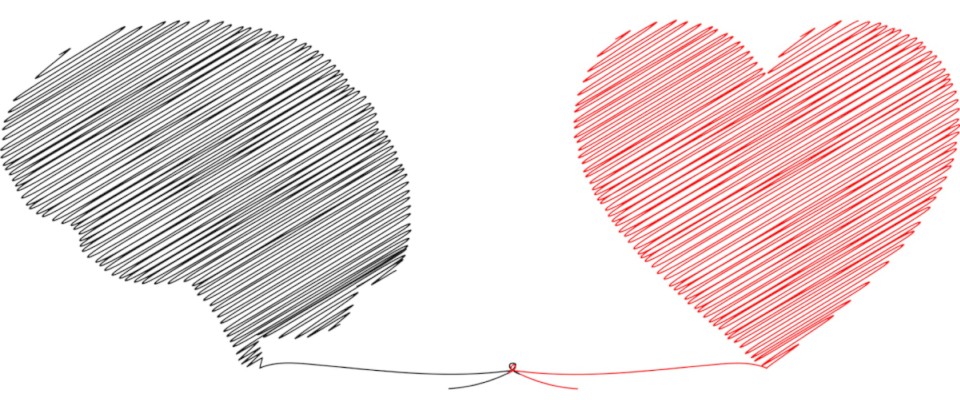I am scared. There is no getting around that. My husband is a Chinese national. Until a few years ago, the global economy looked like binding the futures of vast numbers of people together. COVID and the war in Ukraine now seem to send an entirely different signal. The experience of global supply chain issues creates a desire for decreasing dependence on international manufacturing and trade. But at what cost?
Yes, I imagine that the speed with which the national economies have become enmeshed was too great–especially given how consistent the hostile attitudes of national leaders toward one another have been, everything considered. I generally do not like the collective “we” as a pronoun. But we, that is humanity as a whole, have allowed a situation to come about in which we experience dependence as weakness. And since humans always had a problem with that experience, we are now looking for someone to take the blame.
What scares me most is seeing how this need for someone to take the blame during the first two years of the COVID pandemic has created a different climate in the United States. A few years ago, I would not and could not have imagined the intensity with which people seem to enjoy finding and painting a target on another group’s back, and then pulling the trigger–albeit a virtual one for the most part, for now.
A central aspect the “Oscar’s Slap” revealed about human psychology, one from which we cannot run, is our tendency to allow an experience of weakness to turn into outward aggression. We feel wounded, or at least severely threatened. And rather than finding ways to transcend and transform the situation, we give in to an evolutionary drive: payback or, in the case of the situation merely being a threat, a pre-emptive strike. In acting that way, we create precisely the next piece of the spiral of violence that I assume we wanted (and want) to leave behind.
It has been a long time coming. The message of the man who lived 2,000 years ago and inspired a new religion, Jesus Christ, may not hold a lot of political sway these days. One of his most important contributions to humanity–at least in my mind–is the thought provoking suggestion of considering to break this spiral. In the Sermon of the Mount, we get to hear an incredible and hard to swallow missive:
You have heard that it was said, “An eye for an eye and a tooth for a tooth.” But I say to you, do not resist the one who is evil. But if anyone slaps you on the right cheek, turn to him the other also. And if anyone would sue you and take your tunic, let him have your cloak as well. And if anyone forces you to go one mile, go with him two miles. Give to the one who begs from you, and do not refuse the one who would borrow from you.
Why is this important? For reasons that I cannot fully fathom, leaders of many nations have for the past few decades created a world in which we have come to rely on one another for our prosperity. We are realizing the fragility of this arrangement. We experience the lack of transparency and honesty, the residual back-stabbing at the inter-national level, as a sort of slap on the cheek. And instead of hitting back, hard, we have to take a leaf out of Chris Rock’s book.
I fear that if we follow down the path of slapping back, things will get worse–fast! Our response to Chinese and other Asian people after COVID, and already to some extent to the Russian people as people after Putin’s decision to invade Ukraine, suggests to me that we are not really aware of how much that response resembles much more Will Smith’s approach.
We feel cornered, some crucial aspect of our lives seems endangered. And it is so very tempting to put all of our despair into our hands and jam it into someone else’s face. Individually, this may show as people being shoved on subway tracks. We condemn this violence, justly, as a useless attempt of projecting our fear onto other people. We must have the same appreciation for inter-national violence. So long as we are willing to let our fear dictate our response, I see a pretty bleak future ahead.
